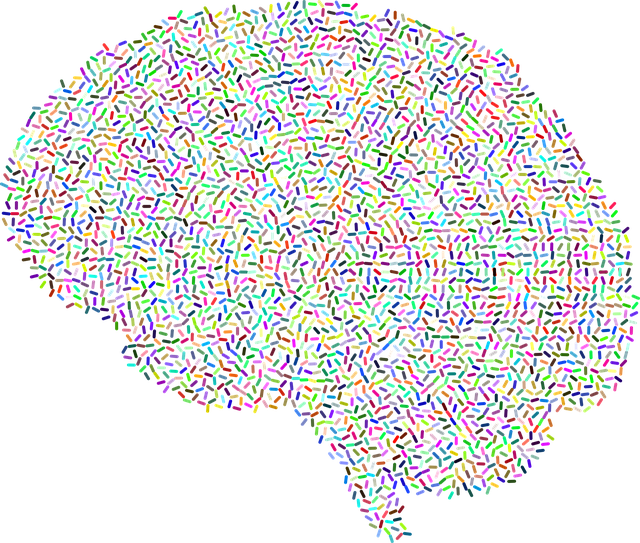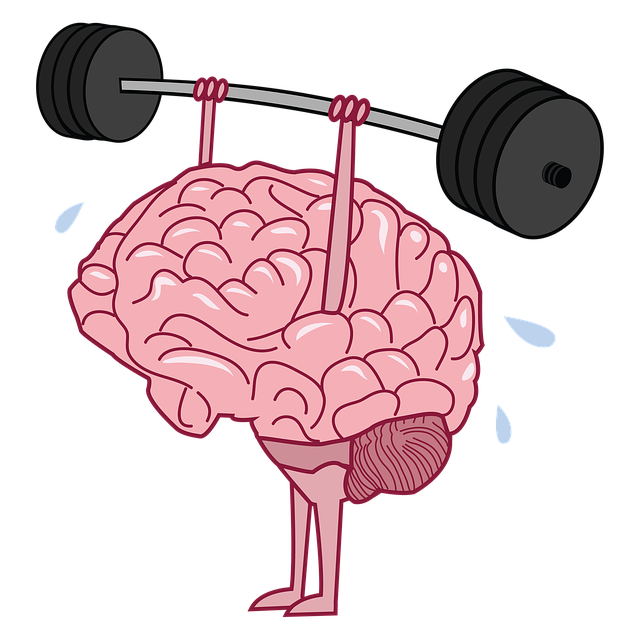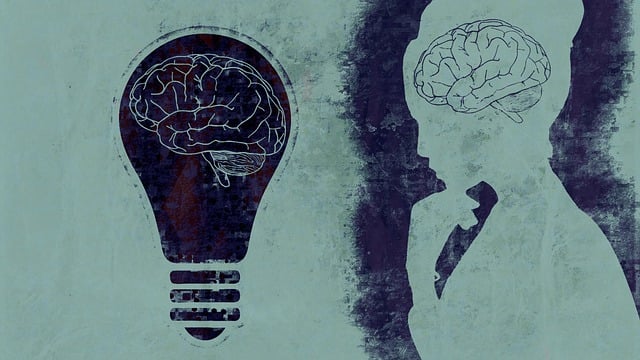Northglenn Anxiety Therapy focuses on teaching effective emotion regulation techniques to manage stress, anxiety, and improve mental well-being. Through cognitive-behavioral approaches, mindfulness practices (like deep breathing and meditation), and reframing negative thoughts, clients gain resilience and reduce the impact of mental health issues. This tailored care, including cultural sensitivity, addresses diverse needs while contributing to Mental Illness Stigma Reduction. By integrating these strategies into daily life, individuals can take control of their emotional responses and enhance overall well-being.
Emotion regulation techniques are essential tools for maintaining mental well-being. This comprehensive guide explores these skills in depth, focusing on their profound impact on daily life and overall health. We delve into the foundational concepts through the lens of Northglenn Anxiety Therapy, a proven approach that teaches effective strategies. From mindfulness practices to cognitive reframing, readers will discover practical tools applicable to everyday challenges. By understanding benefits, challenges, and personalizing practice, individuals can foster resilience and enhance their emotional intelligence.
- Understanding Emotion Regulation and Its Impact on Mental Well-being
- Northglenn Anxiety Therapy: An Approach to Teaching Effective Techniques
- Practical Strategies for Daily Life: From Mindfulness to Cognitive Reframing
- Benefits, Challenges, and Personalized Practice: Embracing a Holistic Approach
Understanding Emotion Regulation and Its Impact on Mental Well-being

Emotion regulation is a vital skill that plays a significant role in maintaining mental well-being. It refers to the ability to understand, manage, and modify emotional responses appropriately, ensuring they align with one’s goals and values. This process involves recognizing and accepting emotions as they arise, then employing strategies to direct them constructively rather than reacting impulsively. Effective emotion regulation is a cornerstone of Northglenn Anxiety Therapy, focusing on empowering individuals to navigate life’s challenges with resilience.
By learning these techniques, people can reduce the impact of adverse events, such as stress and anxiety, on their daily lives. Stress management is a key component, teaching individuals how to recognize triggers and implement mindfulness practices to calm themselves. Mind over matter principles are at the heart of this process, encouraging folks to reframe negative thoughts and cultivate a positive mindset. Public awareness campaigns development can also play a role in promoting these strategies, helping to normalize emotional experiences and reduce stigma associated with mental health issues.
Northglenn Anxiety Therapy: An Approach to Teaching Effective Techniques

Northglenn Anxiety Therapy offers a structured framework for teaching effective emotion regulation techniques. This therapeutic approach is particularly tailored to help individuals manage and overcome anxiety, a common mental health concern that significantly impacts daily life. By focusing on cognitive-behavioral strategies, clients learn to identify and challenge negative thought patterns contributing to anxiety and depression. Through personalized sessions, therapists guide participants in developing healthy coping mechanisms, enabling them to navigate stressful situations with enhanced resilience.
The program’s success lies in its cultural sensitivity, aligning with the latest mental healthcare practice trends. By considering diverse cultural backgrounds and experiences, Northglenn Anxiety Therapy ensures inclusive care. This approach not only fosters trust between clients and therapists but also enhances the effectiveness of treatment, addressing the unique challenges faced by individuals from various ethnic and socio-cultural groups, including those targeted in Mental Illness Stigma Reduction Efforts.
Practical Strategies for Daily Life: From Mindfulness to Cognitive Reframing

Emotion regulation techniques are practical strategies that can significantly improve one’s daily life, especially for those seeking Northglenn Anxiety Therapy. Mindfulness, a popular technique, involves focusing on the present moment to calm the mind and reduce emotional reactivity. This can be achieved through simple practices like deep breathing exercises or more structured activities such as meditation. By cultivating mindfulness, individuals gain better awareness of their thoughts and feelings, enabling them to respond rather than react to stressful situations.
Cognitive reframing is another effective tool, focusing on challenging and changing negative thought patterns. It encourages a more positive outlook by shifting one’s perspective on challenging situations. This strategy is particularly beneficial for managing anxiety and stress. For instance, instead of perceiving a work presentation as a daunting task, cognitive reframing can help an individual view it as an opportunity to showcase their skills, boosting confidence and reducing performance-related anxiety. These techniques, when integrated into daily routines, offer practical ways to navigate life’s challenges with greater emotional resilience, backed by evidence in mental healthcare literature on Cultural Sensitivity in Mental Healthcare Practice. Stress Management Workshops Organization can also play a vital role in teaching these skills, empowering individuals to take charge of their emotional well-being.
Benefits, Challenges, and Personalized Practice: Embracing a Holistic Approach

Emotion regulation techniques offer a multitude of benefits for individuals dealing with stress, anxiety, and other emotional challenges. Through learning to manage their emotions effectively, folks can experience improved mental well-being, enhanced relationships, and better overall quality of life—all crucial aspects often targeted by Northglenn Anxiety Therapy services. These techniques empower individuals to navigate the complexities of their emotions, fostering resilience against burnout prevention and promoting healthier coping mechanisms.
Despite their advantages, mastering emotion regulation isn’t without challenges. Many people struggle with self-awareness and may find it difficult to identify triggers or understand their emotional responses. Additionally, personalizing these practices to fit individual needs can be intricate. This is where a holistic approach becomes invaluable. By combining strategies like Mindfulness Meditation from Stress Management Workshops Organization, tailored exercises, and personalized coaching, individuals can develop sustainable emotion regulation skills that cater to their unique circumstances.
Emotion regulation techniques, such as those offered by Northglenn Anxiety Therapy, play a pivotal role in enhancing mental well-being. By understanding and managing emotions effectively, individuals can navigate life’s challenges with greater resilience. Practical strategies like mindfulness and cognitive reframing, highlighted throughout this article, empower people to embrace a holistic approach to their emotional health. This not only fosters personal growth but also allows for a more fulfilling and balanced life.














